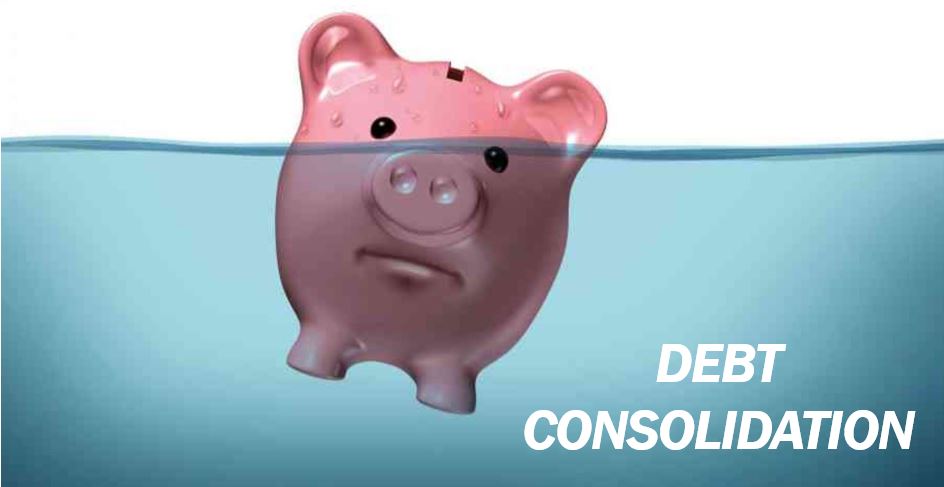
Has managing your finances been weighing on you lately? Maybe you’re thinking about paying down your debt more rapidly, but you’re not sure which approach to take. There are circumstances that can influence how you decide to streamline your budget, so let’s evaluate them.
Two popular ways to pay down debt:
- Debt snowballing
- Debt consolidation
Debt Snowballing – Loan Fee Consolidation
Debt Snowballing is a really effective method of paying down debt and quickly reducing the amount of lines of credit you have. This simple approach takes your accounts and prioritizes them by the amount owed to each creditor. Once you have those debts listed from smallest amount to largest, you focus on paying off the smallest account first (that is, the account with the least amount of money owed), while making the minimum payment on all other accounts.
Once the lowest debt is paid, you’d roll over the money that was going toward that bill that no longer exists, and you put it toward the second debt in line, while making minimum monthly payments on the remaining balances. You continue this process until all debts are paid.
This is an awesome method for aggressively paying off debt, and is often recommended before considering a consolidation loan. One of the main reasons for this, is because not everyone will be a good candidate for a debt consolidation loan.
Debt Consolidation (With A New Loan)
Debt consolidation can be a great way to streamline finances and make life a little more simple as we pay off our debts. However, it’s not always an option.
Here are some of the prerequisites for debt consolidation:
- Your debt total (of eligible accounts to consolidate) is no more than 50% of your total income.
- You have good standing credit, make payments on time, and would qualify for a low interest rate personal loan or credit card for a balance transfer.
- You have used a debt consolidation calculator to determine that you do, in fact, benefit from transferring your debts into a single loan. Calculating savings can be a eye opener.
- You have consistent, reliable income.
It may seem like a preference when it comes to how we pay down our debts, but sometimes it comes down to what our circumstances allow us to do. If you’ve reached a point where you haven’t been able to make payments on time or you’ve lost a job (or anything of the like), there’s a chance that you won’t get the desired interest rate on your consolidated loan. It may also not be beneficial to consolidate if the term of the loan really only helps you pay off debts a couple months early. And lastly, having one bulk payment may not be the best option when you don’t have a consistent source of income.
Consider all the options out there for how to take charge of your debt and find the method that suits your lifestyle the best.

